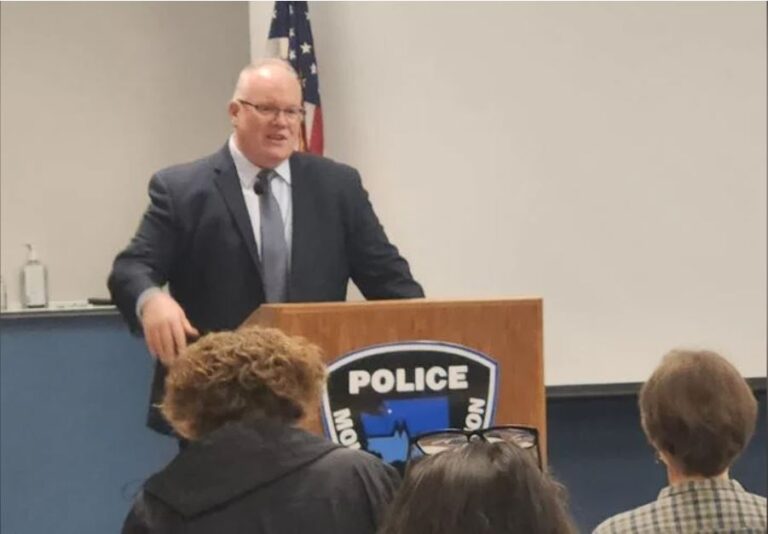Public drug use may become a crime in Bellingham after all.
Two weeks after the city council rejected a proposal from Mayor Seth Fleetwood to make public drug use a misdemeanor, council members voted 5–2 March 27 to provisionally approve the ordinance.
Before giving the new rule final approval, in a vote that could come as early as April 10, council members said they wanted to hear more from city staff about what will happen to a suspected drug user after they are arrested.
Council members initially rejected criminalizing drug use in the city, during deliberations on March 13, because they first wanted the city’s municipal court to realize its plans to establish a therapeutic court. The new program would keep drug offenders out of jail, offer treatment and then dismiss any charges that stemmed from drug use.
Municipal court Judge Debra Lev told council members March 13 it would take at least six months to establish a therapeutic court.
A majority of the council had a change of heart, however, after hearing the latest data on drug overdoses in the city.
Police Chief Rebecca Mertzig told council March 13 that police had responded to 87 overdoses so far this year, compared to 70 all of last year. When the council reconvened on March 27, the overdose total had risen to 107.
Fentanyl overdoses caused 48 deaths in Whatcom County in 2022, according to the medical examiner’s office.
“I think there was a fear of how many community members we will lose because of this,” council member Lisa Anderson said.
Council member Dan Hammill, who was among those who had called the mayor’s proposal premature on March 13, said Monday he was swayed after learning Whatcom County’s LEAD program had capacity to take on people who would be arrested under the new rule.
LEAD, or Law Enforcement Assisted Diversion, provides low-level offenders with case managers who can help them meet their court obligations and access services. The program has greatly reduced jail time for its clients.
Council members Kristina Michele Martens and Michael Lilliquist voted against the drug ordinance. In an interview before the vote, Martens said criminalizing drug use is an echo of the nationwide war on drugs, which has already proven to be a failure.
“We’re leaning into the old-style war on drugs, which has served nobody but has cost America close to $1 trillion over the last 50 or 60 years, and we are worse off than we’ve ever been,” Martens said.
Council directed city staff to prepare a presentation for the April 10 meeting of the council’s Public Health, Safety and Justice Committee, detailing how people arrested under the new rule would be connected to social services. The ordinance won’t go into effect unless it is approved by a second council vote, which could happen the evening of April 10. The rule would take effect 15 days after that.



